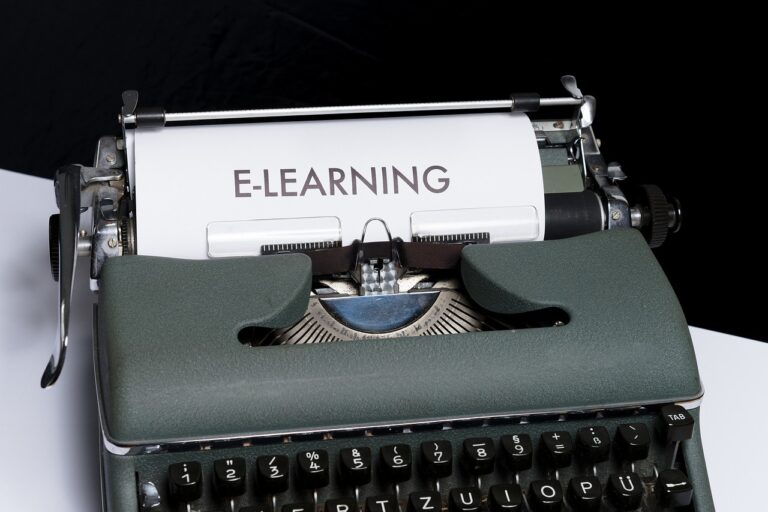Promoting Multicultural Competence in Educators: Training and Development
In today’s diverse and interconnected world, it is essential for educators to possess multicultural competence in order to effectively engage with students from various cultural backgrounds. This article will explore the importance of promoting multicultural competence in educators, as well as strategies for training and development in this area.
The Significance of Multicultural Competence in Education
Multicultural competence refers to the ability to effectively interact with individuals from different cultural backgrounds. In an educational setting, this means understanding and respecting the cultural differences of students, while also promoting inclusivity and equity in the classroom. Research has shown that educators who possess multicultural competence are better equipped to meet the needs of all students, leading to improved academic outcomes and a more inclusive learning environment.
Challenges in Promoting Multicultural Competence
Despite the importance of multicultural competence in education, there are several challenges that educators may face in developing this skill set. These challenges may include:
- Lack of training and professional development opportunities
- Implicit biases and stereotypes
- Cultural barriers and misunderstandings
- Resistance to change or new perspectives
Strategies for Training and Development
There are several strategies that educational institutions can implement to promote multicultural competence among educators. These strategies may include:
Diversity Training
Offering diversity training sessions that focus on increasing awareness of cultural differences and building cultural competency skills.
Cultural Competence Workshops
Hosting workshops and seminars that provide educators with the opportunity to learn about different cultures, engage in self-reflection, and develop intercultural communication skills.
Collaborative Learning Communities
Encouraging educators to participate in collaborative learning communities where they can share experiences, resources, and best practices related to multicultural competence.
Intercultural Experiences
Providing opportunities for educators to engage in intercultural experiences, such as study abroad programs or cultural exchange initiatives, to gain firsthand knowledge of different cultures.
Benefits of Multicultural Competence for Educators
By promoting multicultural competence in educators, educational institutions can benefit in the following ways:
- Improved student outcomes and academic achievement
- Enhanced cultural awareness and understanding
- Promotion of inclusivity and equity in the classroom
- Development of strong relationships with students and parents
FAQs
What is multicultural competence?
Multicultural competence refers to the ability to effectively interact with individuals from different cultural backgrounds, demonstrating an understanding and respect for cultural differences.
Why is multicultural competence important in education?
Multicultural competence is essential in education as it allows educators to better meet the needs of all students, leading to improved academic outcomes and a more inclusive learning environment.
How can educators develop multicultural competence?
Educators can develop multicultural competence through diversity training, cultural competence workshops, collaborative learning communities, and intercultural experiences.
What are the benefits of promoting multicultural competence in educators?
By promoting multicultural competence in educators, educational institutions can benefit from improved student outcomes, enhanced cultural awareness, promotion of inclusivity and equity, and strong relationships with students and parents.







